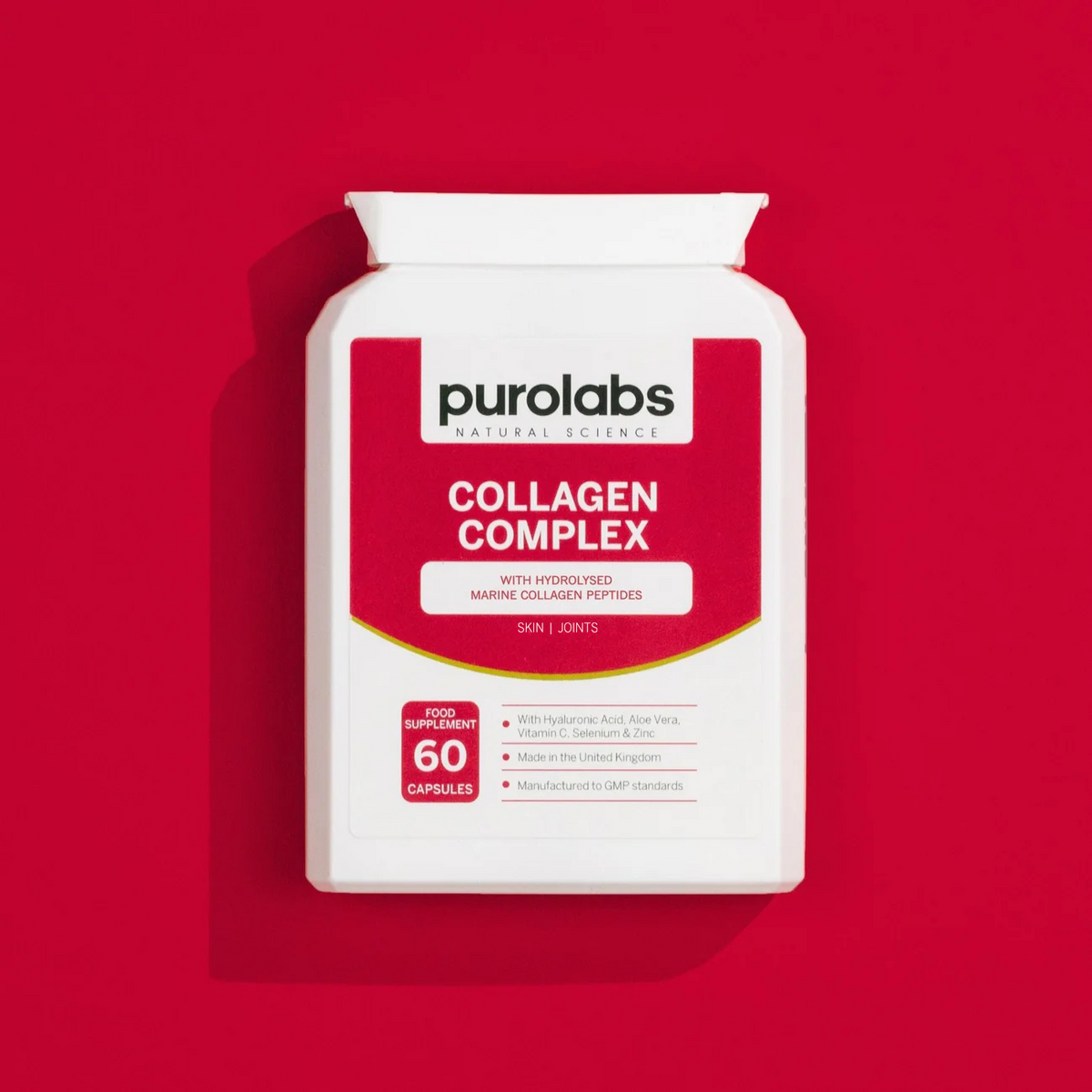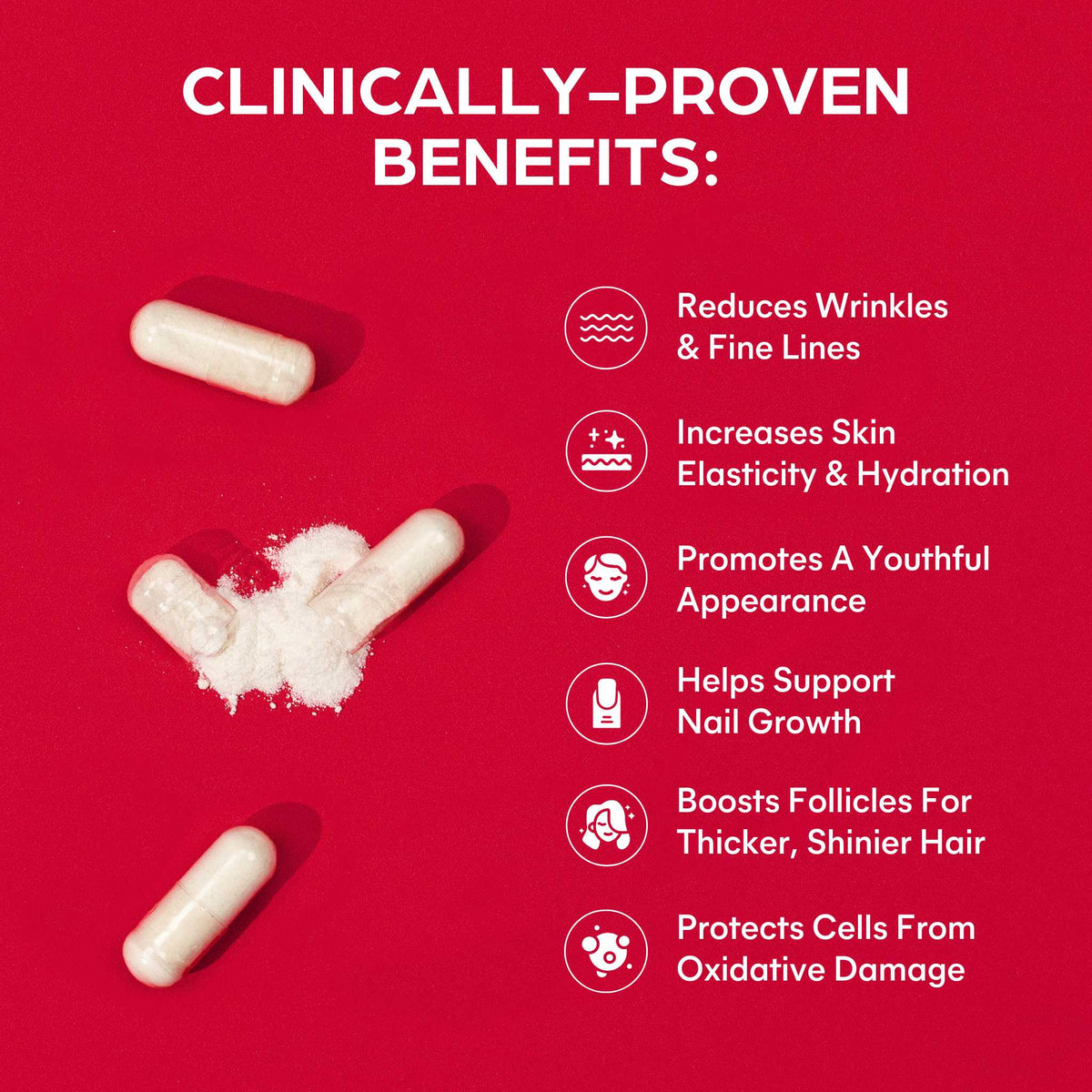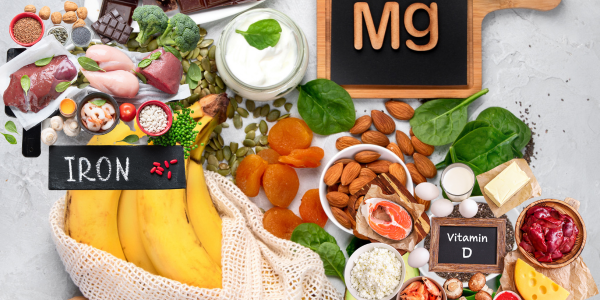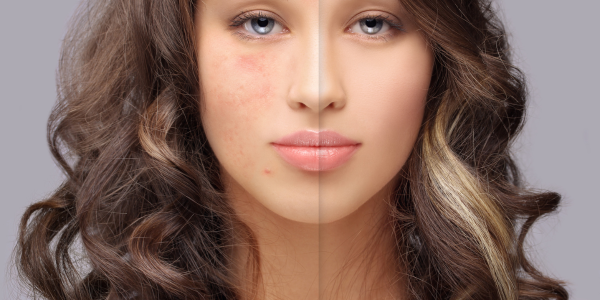We are becoming more aware of the importance of good nutrition for children and for a good reason. Lightening-speed growth occurs during childhood; nutrients required for these crucial rapid growth stages are vital for healthy development into adulthood.
Studies show that inadequate nutrition during childhood years is linked to obesity, and hormonal and gut-related disorders, which are strong indicators of relevant diseases to occur in adulthood1. The phrase 'prevention is better than cure' could not be more applicable when assessing children's nutritional needs.
Influencing children to make healthier diet and lifestyle choices leads them to adopt healthy patterns, which are more likely to continue into adulthood.
This article will focus on the nutrients required to meet the growth needs of children to help set healthy dietary patterns for adolescent and adult years.
Protein
So protein isn't technically a vitamin. However, we cannot miss out on this when optimising a child's nutritional intake.
Protein is essential for growth and repair; as mentioned, growth is at an all-time high during childhood. Children and adolescents require more protein per kg of body weight than adults, meaning protein intake is a key consideration when building a child's plate2.
Protein deficiency can present in children as delayed growth, skin hair and nail problems, and stunted muscle development. Liquid swelling (also called oedema) appears in the face and abdomen.
Sources of high-protein foods include3:
- Chicken
- Beef
- Fish
- Lamb
- Pork
- Eggs
If your child eats a predominantly plant-based diet, then it is essential to opt for plant protein-rich food sources such as:
- Nuts and seeds
- Beans and legumes
- Tofu
- Edamame
- Quinoa
- Wild rice
- Chia seeds
Vitamin A
Vitamin A is important for a child's immune system and visual health. This nutrient can also help improve skin health and help with common childhood skin conditions like eczema4.
Common signs of vitamin A deficiency are dry eyes, fatigue, and loss of appetite.
Vitamin A rich foods include:
- Carrots
- Butternut squash
- Oily fish
- Dark green vegetables: Spinach, broccoli, cabbage
- Bell peppers
- Mango
Vitamin A deficiency can also be linked to higher rates of infectious diseases, reduced growth rates and delayed recovery from illness and is more commonly seen in children than adults5.
Vitamin C
Vitamin C is a powerful antioxidant that helps tissue repair for those scraped knees and helps to support healthy gums for future adult teeth6.
Potential signs of vitamin C deficiency are slow wound healing, rough, bumpy skin, and tooth loss. Fear not; vitamin C deficiency is rare and uncommon in children.
Vitamin C rich food sources include:
- Citrus fruit
- Tomatoes
- Berries
- Bell peppers
- Potatoes
Vitamin C is a nutrient abundant in fresh produce; therefore, adding colourful fruit and vegetables to a child's diet will easily help them meet their vitamin C requirements.
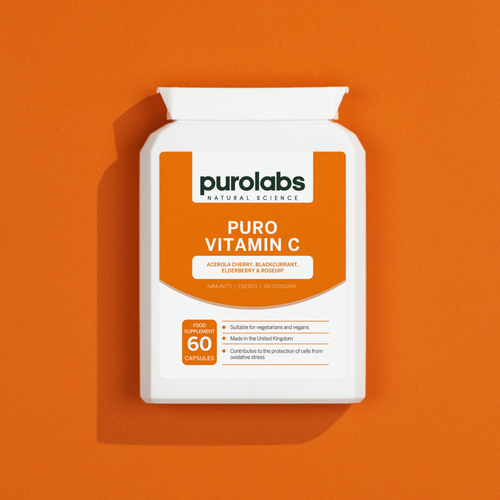
Vitamin C
Vitamin D
Vitamin D is a fat-soluble vitamin needed for healthy, strong bones. This nutrient helps regulate calcium and phosphate levels, vital for bone formation and growth. It is required in ample amounts during these years7.
A deficiency of this vitamin has led to widespread childhood conditions like rickets and auto-conditions such as childhood asthma. Throughout childhood and adolescence, bone formation is at an all-time high. Adequate vitamin D intake in these years will help to reduce the risk of bone disease in later years8.
Most of vitamin D is absorbed via the skin through exposure to UV rays. Spending regular time outdoors is vital for children to boost vitamin D levels. However, In Northern climates, we aren't exposed to adequate UV levels throughout the winter months. Vitamin D supplementation is, therefore, useful and recommended for children and adults alike.
A daily dose of 400 units of vitamin D daily is safe for all age groups.
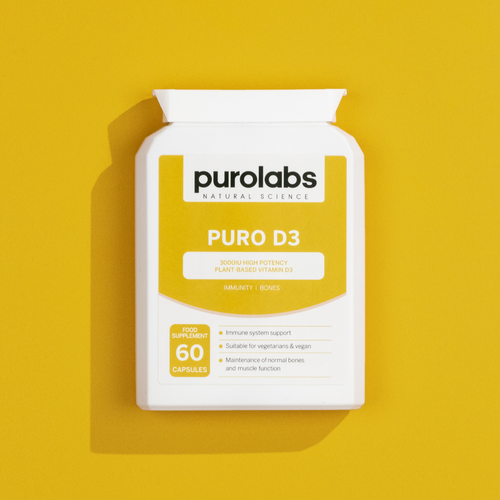
Vegan D3
Calcium
Calcium is a mineral which is needed along with vitamin D to support bone health. Children aged 4-8 years require 1,000mg daily, with older children and adolescents requiring 1,300mg daily to meet their growing needs9.
A few key tips to help add more calcium to your child’s plate are to:
- Swap peanut butter for almond butter
- Add houmous with vegetables as a mid-afternoon snack
- Add a serving of dark leafy greens to their evening meal
- Make smoothies with fresh fruit and plain yoghurt
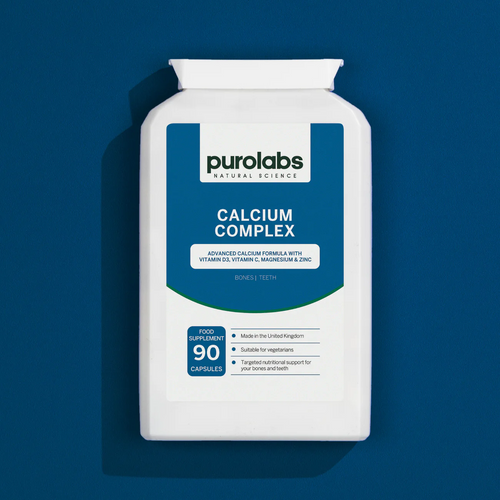
Calcium Complex
Iron
Iron deficiency anaemia can be common among children. Iron deficiency usually occurs for three main reasons10:
- A plant-based or highly processed Western diet has a generally low iron intake.
- Loss of blood through a stomach ulcer which isn’t uncommon in children.
- Gastrointestinal conditions affecting iron absorption, such as coeliac or inflammatory bowel disease.
Iron deficiency signs and symptoms are pale skin, fatigue, and breathlessness. If your child has any of these symptoms and has an unusual craving for non-food items like ice, paint, or starch, then I recommend visiting the GP for further testing.
The two forms of dietary Iron are heme and non-heme Iron. Heme iron is found in animal foods and is more easily absorbed and utilised by the body. In contrast, non-heme Iron isn't absorbed as well11.
Heme Iron Containing foods:
- Meat
- Fish
- Eggs
Non-Heme Iron Containing foods:
- Beans
- Chickpeas
- Legumes
- Dark leafy greens
Boost non-heme iron absorption by adding a vitamin C-rich food source when serving. Adding a squeeze of lemon will add a vitamin C-rich, zesty citrus zing to a chickpea burger and can help little ones to absorb more Iron.

Iron Complex
Multivitamin
Although a balanced diet is what's required for optimal health, children need a range of nutrients in higher doses compared to their body weight to help meet their nutrient requirements for growth.
We've come a long way in terms of the sugar-filled gummies supplements of my childhood. A good quality multivitamin without nasty fillers will help support a child's growth and development and keep their nutrient stores topped up.
Our kid's multivitamin at Purolabs has been designed with non-GMO ingredients and doesn't contain artificial colours or flavours. This is especially important to consider when choosing a children's supplement, as artificial sweeteners have been shown to boost hyperactivity in children12 and impact absorption.
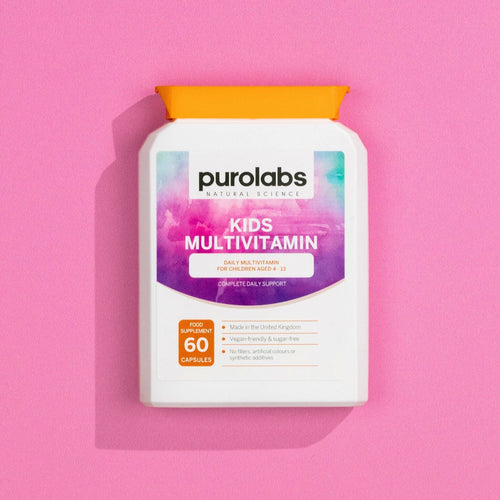
Kids Multivitamin
Adopting healthy habits in formative years will help your little ones to form healthier habits into adulthood. A varied nourishing diet is essential for any life stage; however, nutrients are required in healthy amounts for these years of rapid growth. Consider supplementation alongside a colourful balanced diet for optimal results.






